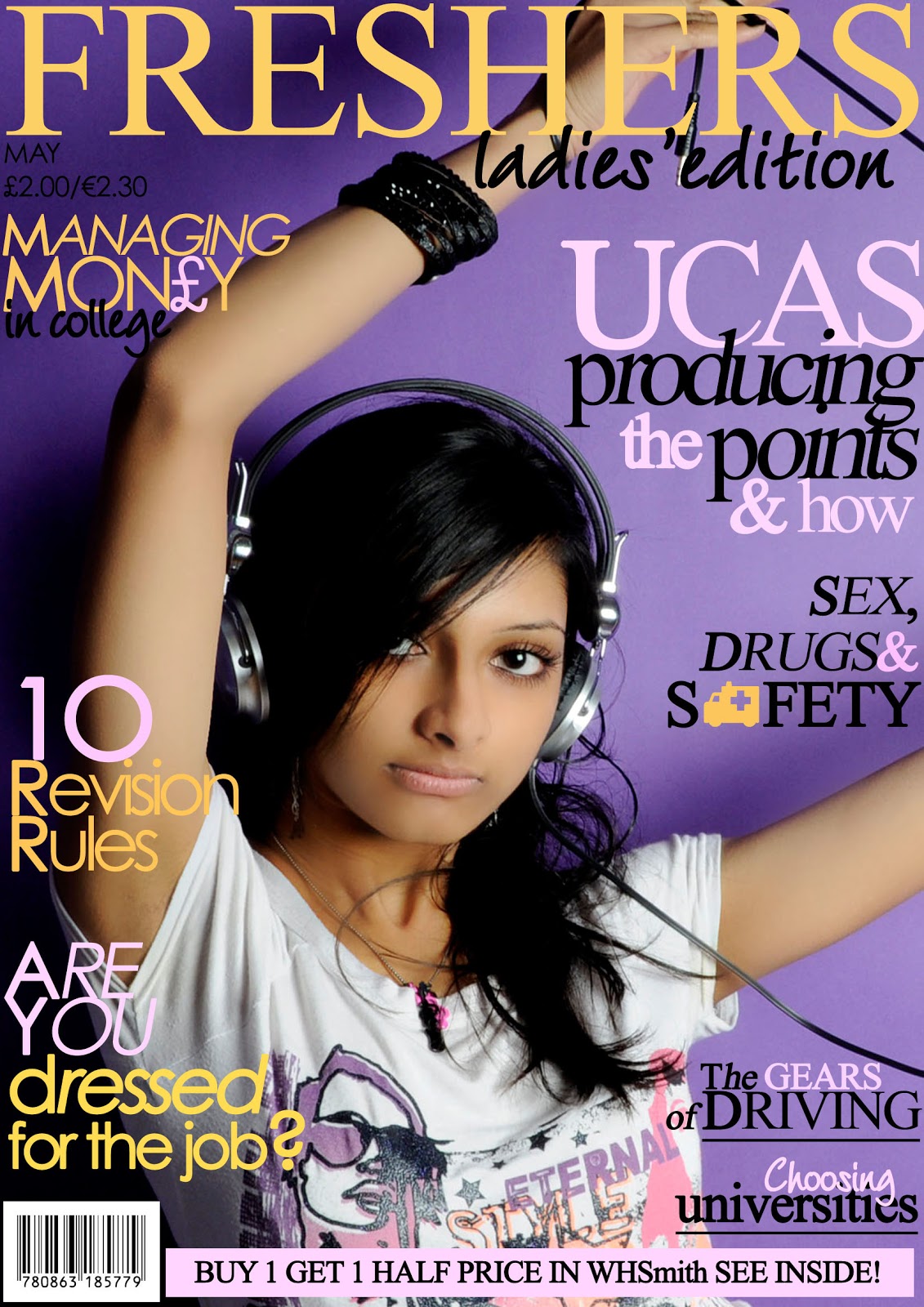Magazine Cover Glory: Deconstructing the Art of the Sell
Ever find yourself inexplicably drawn to a magazine on a newsstand, like a moth to a particularly glossy flame? It's not magic, it's the culmination of design genius, marketing savvy, and a deep understanding of what makes us tick. We're talking, of course, about the art of the magazine front cover. It's a tiny billboard, a fleeting glimpse into a world of curated content, and, more often than not, a total masterpiece of visual persuasion.
Think about the covers that have stuck with you. Was it a stark portrait on Time Magazine, announcing a Person of the Year? Or maybe a vibrant, playful composition from Vanity Fair? These designs aren't accidental. They're meticulously crafted to capture your attention and whisper promises of the treasures within. Decoding the strategies behind successful magazine cover designs can unlock a world of understanding about visual communication, marketing, and even cultural trends.
From the early days of illustrated periodicals to today's digitally-enhanced masterpieces, magazine covers have evolved alongside printing technology and societal shifts. Early covers were often simple illustrations, later giving way to photography and increasingly complex layouts. The evolution of magazine cover design is a fascinating reflection of changing aesthetics, cultural values, and the ever-present need to grab the reader's eye.
The importance of a compelling magazine front cover design cannot be overstated. It's the first, and sometimes only, opportunity to make an impression on a potential reader. It’s the ultimate sales pitch, silently conveying the magazine's identity, target audience, and the compelling content waiting inside. A poorly designed cover can mean the difference between a magazine flying off the shelves and gathering dust in the remainder bin.
A magazine cover is more than just a pretty picture. It's a complex ecosystem of typography, imagery, and branding, all working in harmony to achieve a specific goal. Consider the elements: the masthead, the cover lines, the main image, the color palette – each plays a crucial role in attracting the right audience. Analyzing successful examples can provide valuable insights into how these elements work together to create a powerful and persuasive message.
One benefit of studying effective magazine cover designs is gaining a better understanding of visual hierarchy. This refers to the arrangement of elements to guide the reader's eye through the design. A well-designed cover uses size, color, and placement to emphasize the most important information, ensuring that the reader grasps the key message at a glance.
Another benefit is developing a keen eye for typography. Magazine covers often utilize a variety of fonts to create a distinct visual identity and convey different levels of information. Analyzing the typography choices of successful covers can help you understand how fonts can be used to create mood, establish hierarchy, and enhance the overall design.
Finally, studying magazine cover designs can inspire your own creative projects. Whether you're designing a website, a poster, or even a social media graphic, the principles of effective cover design can be applied to a wide range of visual communication challenges.
Advantages and Disadvantages of Different Cover Design Approaches
| Approach | Advantages | Disadvantages |
|---|---|---|
| Minimalist Design | Creates a sense of elegance, focuses attention on key elements | Can be perceived as boring or lacking information if not executed well |
| Image-Heavy Design | Visually striking, can evoke strong emotions | Can be overwhelming or cluttered if not balanced carefully |
Five real-world examples of iconic magazine covers include National Geographic's June 1985 cover featuring the "Afghan Girl", Vanity Fair's 1991 cover featuring a pregnant Demi Moore, Rolling Stone's 1981 cover featuring John Lennon and Yoko Ono, Time Magazine's "Person of the Year" covers, and The New Yorker's often satirical and illustrative covers.
One challenge in magazine cover design is standing out on a crowded newsstand. A solution is to embrace bold, unexpected design choices that break the mold and capture attention.
FAQ: What is a masthead? The masthead is the magazine's title, typically displayed prominently at the top of the cover.
Tips and tricks for creating impactful magazine covers: Experiment with different fonts, use high-quality images, and consider the target audience.
In conclusion, the art of the magazine front cover is a powerful blend of creativity, strategy, and psychology. Understanding the elements of successful cover design can unlock a world of insights into visual communication, marketing, and cultural trends. From the earliest illustrated periodicals to the digitally enhanced creations of today, magazine covers continue to evolve, reflecting our changing world and captivating our attention. By studying successful examples, analyzing design choices, and embracing best practices, we can learn to appreciate the subtle nuances of this unique art form and even apply these principles to our own creative endeavors. The power of a well-designed magazine cover should never be underestimated. It’s a first impression, a silent sales pitch, and a window into a world of carefully curated content. So the next time you find yourself drawn to a magazine cover, take a moment to appreciate the artistry and strategy behind it. You might be surprised at what you discover.
Viral vibes decoding the latest tiktok trends
Heart wallpaper aesthetic pc the undisputed king or queen of cute desktops
Fallout new vegas ed my love why were drawn to the silver tongued ghoul














